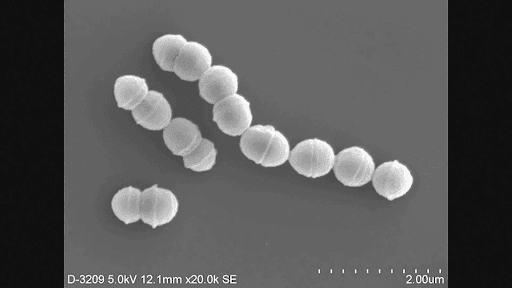【Taiwan Immigrants' Global News Network】
According to the Ministry of Culture, on December 22, the National Taiwan Museum of Fine Arts (NTMoFA) conducted a press conference to reveal details about the upcoming "2022 Taiwan International Light Festival (2022臺灣國際光影藝術節)."
The press conference, which was hosted by Minister of Culture Lee Yung-te, included NTMoFA director Liang Yung-fei (梁永斐), curators Tseng Yu-chuan (曾鈺涓), Weng Shu-ying (翁淑英), artist Chiang luan-Hau (江元皓), director of C-LAB Hsieh Tsui-yu (謝翠玉), and Deputy Chief Executive of the National Culture and Arts Foundation Sun Hua-xiang (孫華翔).
Read More: “Carefree Covid-19 Vaccination Program” is promoted at the Public Health Center of Magong, Penghu
0123.jpg) The festival adopts a new type of art show by merging lighting, technology, and art. (Photo / Provided by Ministry of Culture)
The festival adopts a new type of art show by merging lighting, technology, and art. (Photo / Provided by Ministry of Culture)
Minister of Culture Lee Yung-te began his statement by thanking and affirming NTMoFA's and the curatorial team's commitment to producing a new type of art show by merging lighting, technology, and art. At the same time, they've established a vital platform for young and foreign artists to exhibit their work and engage with one another, according to Lee.
The 2022 Taiwan International Light Festival's theme is "Play and Playing- Light and Shadow," and it aims to immerse the audience's senses in the digitally created world of light and shadow, allowing them to engage in the graceful ambiance where light and shadow are harmoniously combined.
Read More: New immigrant from Indonesia demonstrates how to cook mouthwatering “Indonesian beef soup”
0123.jpg) Li Xin Fei (李昕霏), an athlete doing Rhythmic gymnastics, was invited to give a performance. (Photo / Provided by Ministry of Culture)
Li Xin Fei (李昕霏), an athlete doing Rhythmic gymnastics, was invited to give a performance. (Photo / Provided by Ministry of Culture)
The upcoming exhibition will feature artists from Taiwan, Japan, Australia, and France, according to NTMoFA. The exhibition, which features ten performative installations and showcases "light" in three dimensions – "Light and Shadow Theater," "Lightscape Stage," and "Light Travel Interface" – re-defines the roles of subject and object in performance and constructs the audience's exhibition viewing behavior and sensory experience in "viewing" and "interaction."
As a result, the audience is transformed from "someone who intervenes through witnessing and involvement" into "the indispensable subject in the works" by the exhibition.

0123.jpg)





